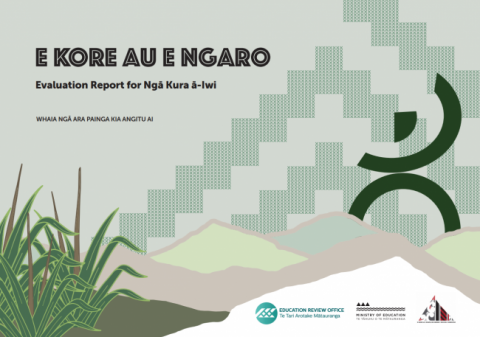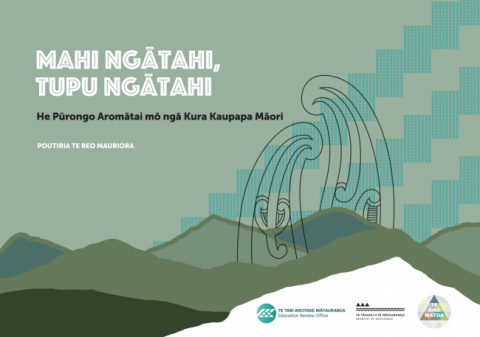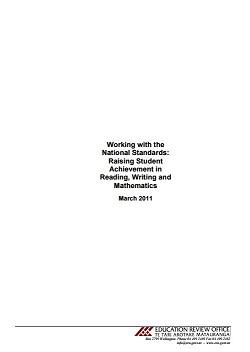Evaluation Indicators for Education Reviews in Kōhanga Reo
Published: 08 Apr 2021
The Evaluation Indicators for Education Reviews in Kōhanga Reo is a specialist resource to inform the judgements that review officers make about the quality of children’s experiences while they are taking part in a kōhanga reo programme.
- Audience:
- Early learning
- Education
- Māori-medium
- Parents
- Content type:
- Basic page
- Topics:
- Kōhanga Reo
- Quality of children's experiences
- Evaluation







